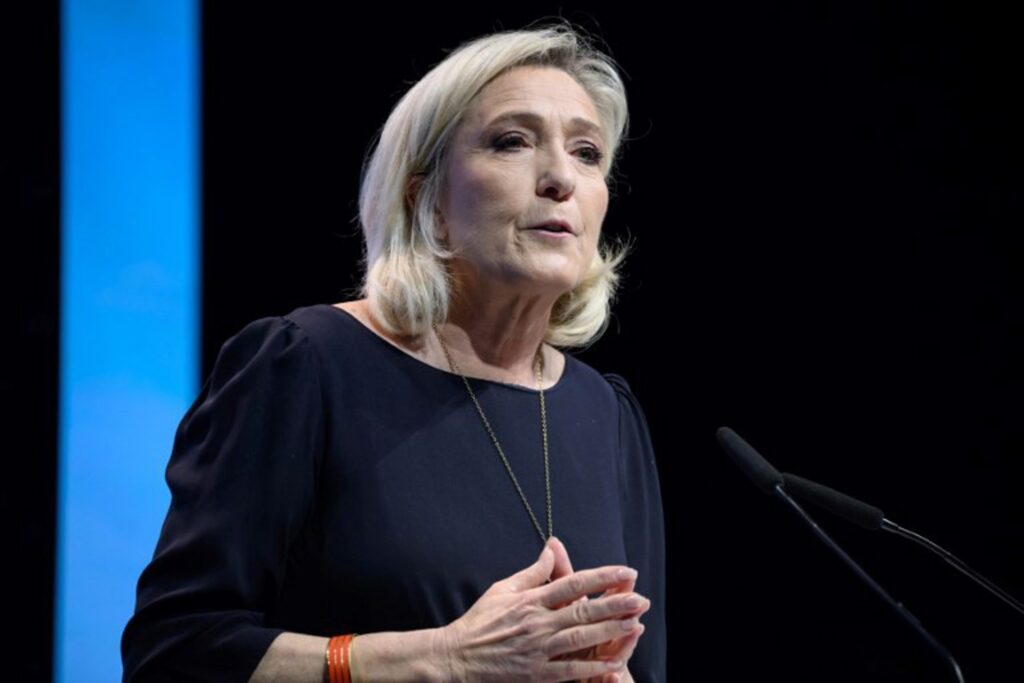French far-right leader Marine Le Pen has questioned the democratic legitimacy of unelected European commissioners in her refusal to consider sharing France's nuclear deterrence with its partners.
In an op-ed for Le Figaro, Le Pen argues that the authority to wield nuclear power stems directly from a French president’s election by universal adult suffrage.
“Distrust would naturally fall upon a European commissioner,” she added in the published article, charging that “sharing deterrence is abolishing it.”
In a lengthy speech about Europe on 26 April, French President Emmanuel Macron suggested including nuclear weapons in discussions about a developing European defence system.
Critics immediately accused him of selling out national sovereignty.
“Let’s put everything on the table,” the French head of state insisted in a regional press interview two days later.
However, Marine Le Pen, president of the far-right National Rally party in the French National Assembly and runner-up to Macron in the 2022 presidential election, argued that deterrence was based on certain parameters incompatible with any supranational collegiality.
“Who will set the utilisation criteria? Who will decide the course of action? on whether the response will be conventional or nuclear ? There would inevitably be a debate. And in that debate, there are divergent interests,” she outlined, noting that “no nation would risk its own extinction to save another.”
"It's as if, three years to the end of his term, he (Macron) needed to attack the last pillars of our national independence left standing," she added.
Choosing to share nuclear deterrence, which only France posesses within the EU after Brexit, would again weaken France's democracy, Le Pen said. She claims France has been largely stripped of its prerogatives in favour of unelected supranational entities.
According to French doctrine, the supreme weapon can only be used if France’s vital interests are threatened. Since the 1970s, French deterrence has therefore involved a European dimension, as France’s vital interests are not linked solely to the country’s territory.

